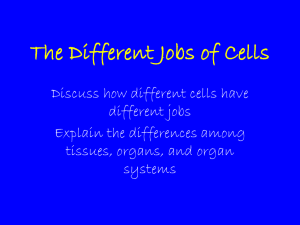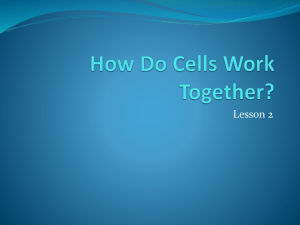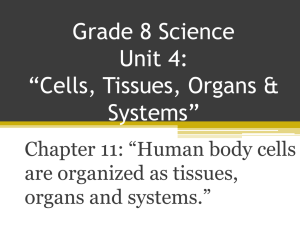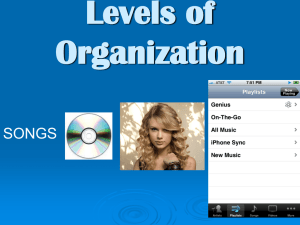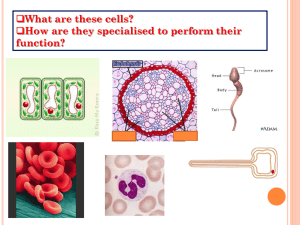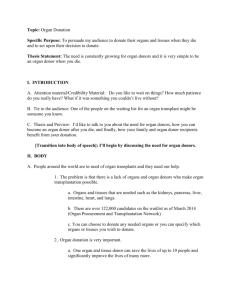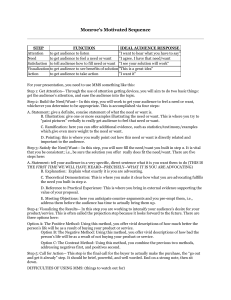organ donar
advertisement
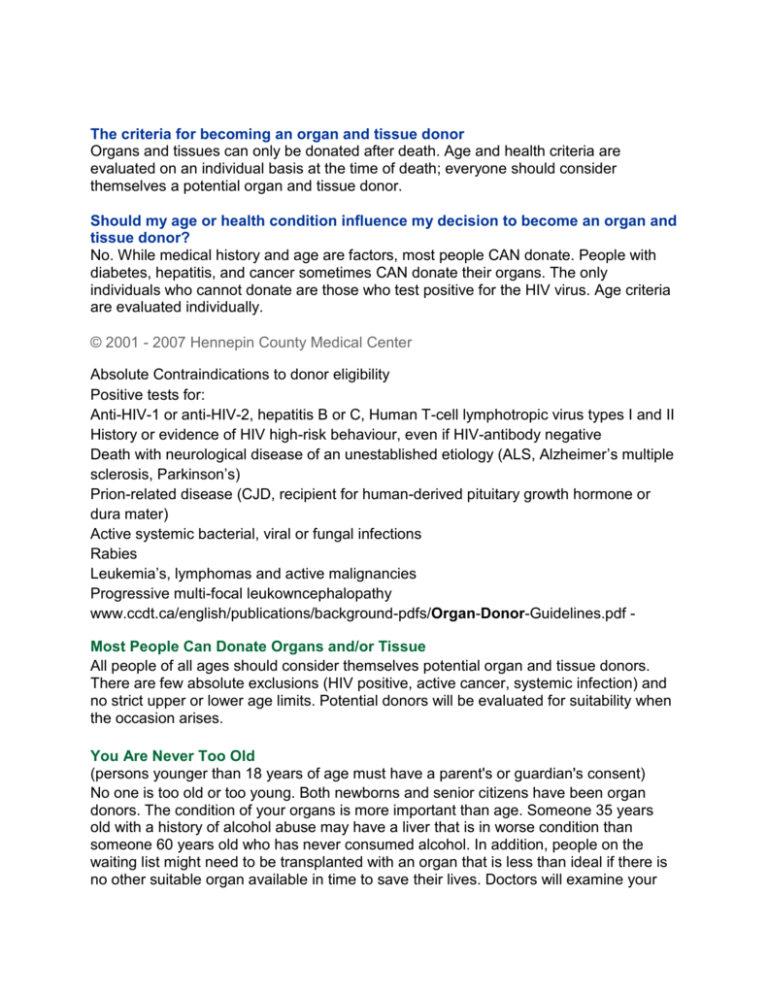
The criteria for becoming an organ and tissue donor Organs and tissues can only be donated after death. Age and health criteria are evaluated on an individual basis at the time of death; everyone should consider themselves a potential organ and tissue donor. Should my age or health condition influence my decision to become an organ and tissue donor? No. While medical history and age are factors, most people CAN donate. People with diabetes, hepatitis, and cancer sometimes CAN donate their organs. The only individuals who cannot donate are those who test positive for the HIV virus. Age criteria are evaluated individually. © 2001 - 2007 Hennepin County Medical Center Absolute Contraindications to donor eligibility Positive tests for: Anti-HIV-1 or anti-HIV-2, hepatitis B or C, Human T-cell lymphotropic virus types I and II History or evidence of HIV high-risk behaviour, even if HIV-antibody negative Death with neurological disease of an unestablished etiology (ALS, Alzheimer’s multiple sclerosis, Parkinson’s) Prion-related disease (CJD, recipient for human-derived pituitary growth hormone or dura mater) Active systemic bacterial, viral or fungal infections Rabies Leukemia’s, lymphomas and active malignancies Progressive multi-focal leukowncephalopathy www.ccdt.ca/english/publications/background-pdfs/Organ-Donor-Guidelines.pdf Most People Can Donate Organs and/or Tissue All people of all ages should consider themselves potential organ and tissue donors. There are few absolute exclusions (HIV positive, active cancer, systemic infection) and no strict upper or lower age limits. Potential donors will be evaluated for suitability when the occasion arises. You Are Never Too Old (persons younger than 18 years of age must have a parent's or guardian's consent) No one is too old or too young. Both newborns and senior citizens have been organ donors. The condition of your organs is more important than age. Someone 35 years old with a history of alcohol abuse may have a liver that is in worse condition than someone 60 years old who has never consumed alcohol. In addition, people on the waiting list might need to be transplanted with an organ that is less than ideal if there is no other suitable organ available in time to save their lives. Doctors will examine your organs and determine whether they are suitable for donation if the situation arises. If you are under 18, you will need the permission of a parent or guardian to donate. Medical Condition? Don't Rule Yourself Out You may still be able to donate your organs. Doctors will evaluate the condition of your organs when the time arises. The transplant team’s decision will be based on a combination of factors, such as the type of illness you have had, your physical condition at the time of your death, and the types of organs and tissues that would be donated. Donation after brain death Most of the organs used in transplants come from people who have suffered brain death as the result of an accident, heart attack, or stroke. Brain death is total cessation of brain function, including brain stem function. There is no oxygen or blood flow to the brain; the brain no longer functions in any manner and will never function again. The organs and tissues that are in good condition are removed in a surgical procedure and all incisions are closed so an open casket funeral can take place. After the organs have been removed, the patient is taken off artificial support. While organs must be used between 6 and 72 hours after removal from the donor's body (depending on the organ), tissues such as corneas, skin, heart valves, bone, tendons, ligaments, and cartilage can be preserved and stored in tissue banks for later use. Organdonar.gov

